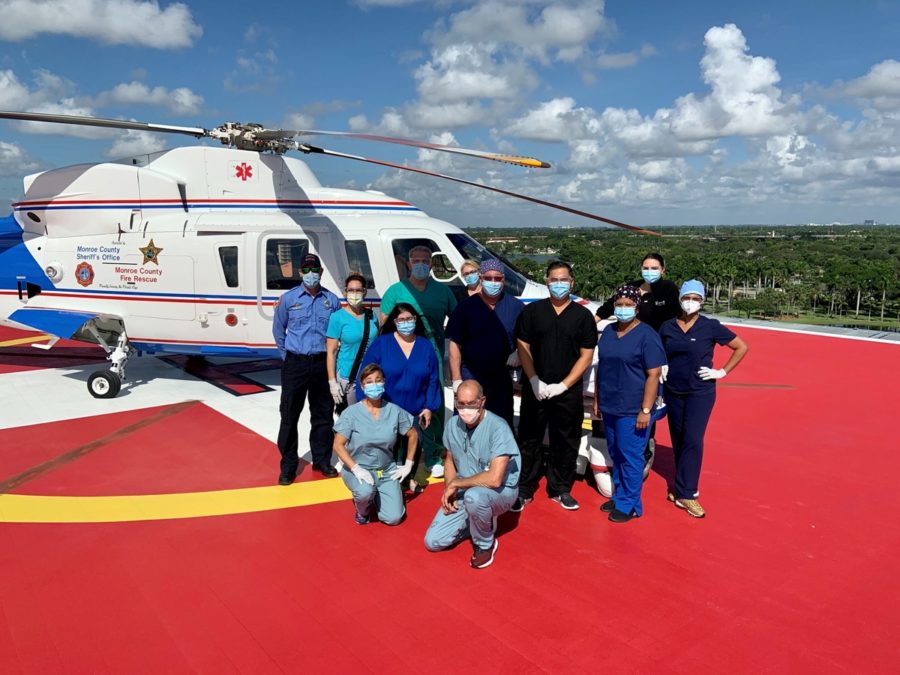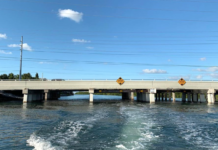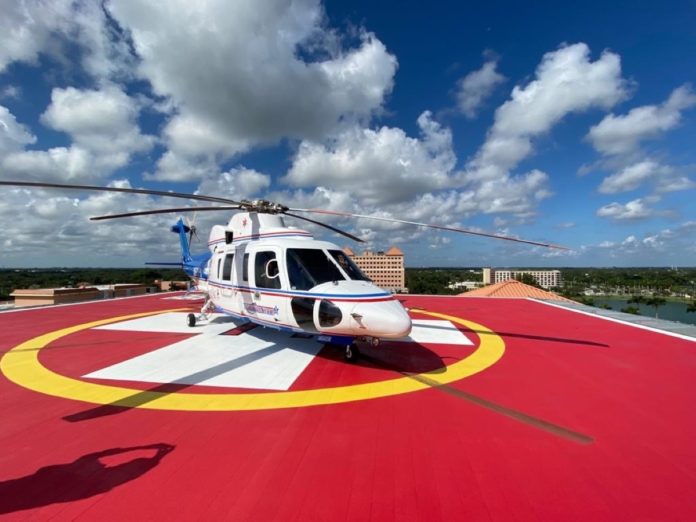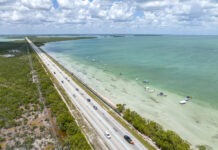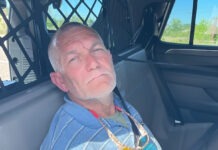Helicopters can now land directly on the rooftop of the Victor E. Clarke Emergency Center at Baptist Hospital in Miami, where an emergency medical team is standing by to whisk patients directly down an elevator and into a treatment room.
This greatly reduces the amount of time it takes to get treatment for potentially life-threatening conditions such as heart attacks and strokes. Previously, patients arriving via helicopter had to be transported in an ambulance from a helipad in the parking lot to the emergency department, adding a few minutes to the process.
“This new helipad is going to be a game-changer for our community in terms of providing timely care,” said Maday Rafuls, vice president of operations at Baptist Hospital. “Our teams are excited to be able to provide the most efficient emergency care, especially for strokes and heart attacks.”
“When patients arrive via helicopter, usually they are critically ill,” said Dr. Leo Huynh, medical director of the emergency department at Baptist Hospital. “Time is of the essence, and our emergency teams now have the most efficient system to care for them.”
Residents and visitors in the Florida Keys who suffer emergencies needing acute care can be transported via helicopter to Baptist Hospital within a 30-minute window. Fishermen’s Community Hospital in Marathon and Mariners Hospital in Tavernier, both part of Baptist health, are equipped to stabilize patients before sending them via helicopter to Baptist Hospital. Private residents who need transport to Baptist Hospital may also benefit from the new helipad.
“With significant philanthropic support from the community, we were able to transition our ground helipad to the rooftop of the Victor E. Clarke Emergency Center on the Baptist Hospital campus,” said Alex Villoch, chief executive officer, Baptist Health Foundation. “We extend our gratitude to our generous donors who helped make this possible.”
Baptist Hospital is designated as a comprehensive stroke center by the Joint Commission, indicating the hospital has the resources, staff and training necessary for the treatment of the most complex stroke cases. Doctors refer to the “golden window” as the period of time – usually less than three to four hours – when a stroke can still be treated before the brain suffers lasting injury.
